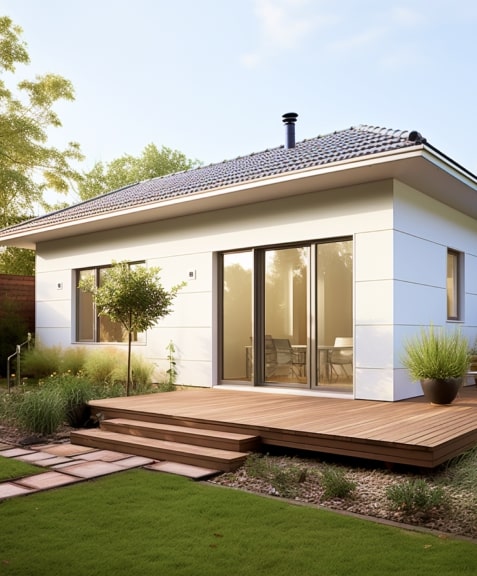
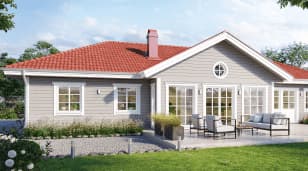
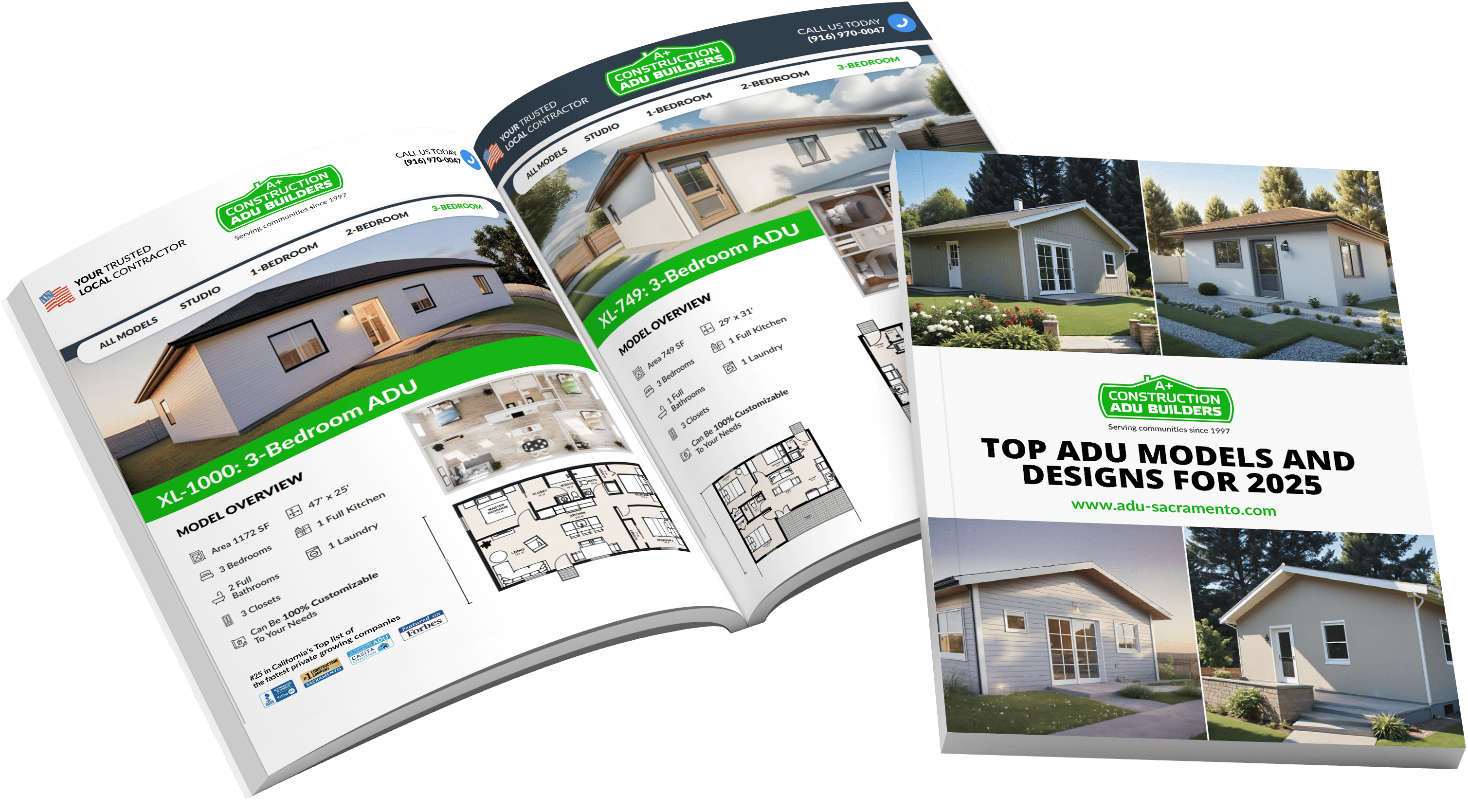

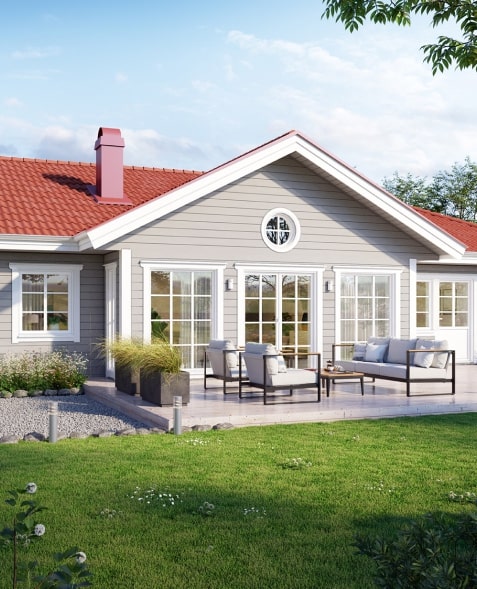
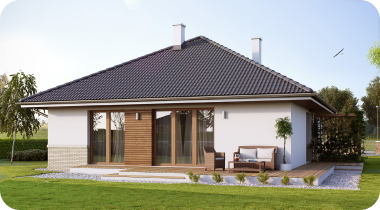
A link to download your FREE brochure will be in your inbox in 3 minutes
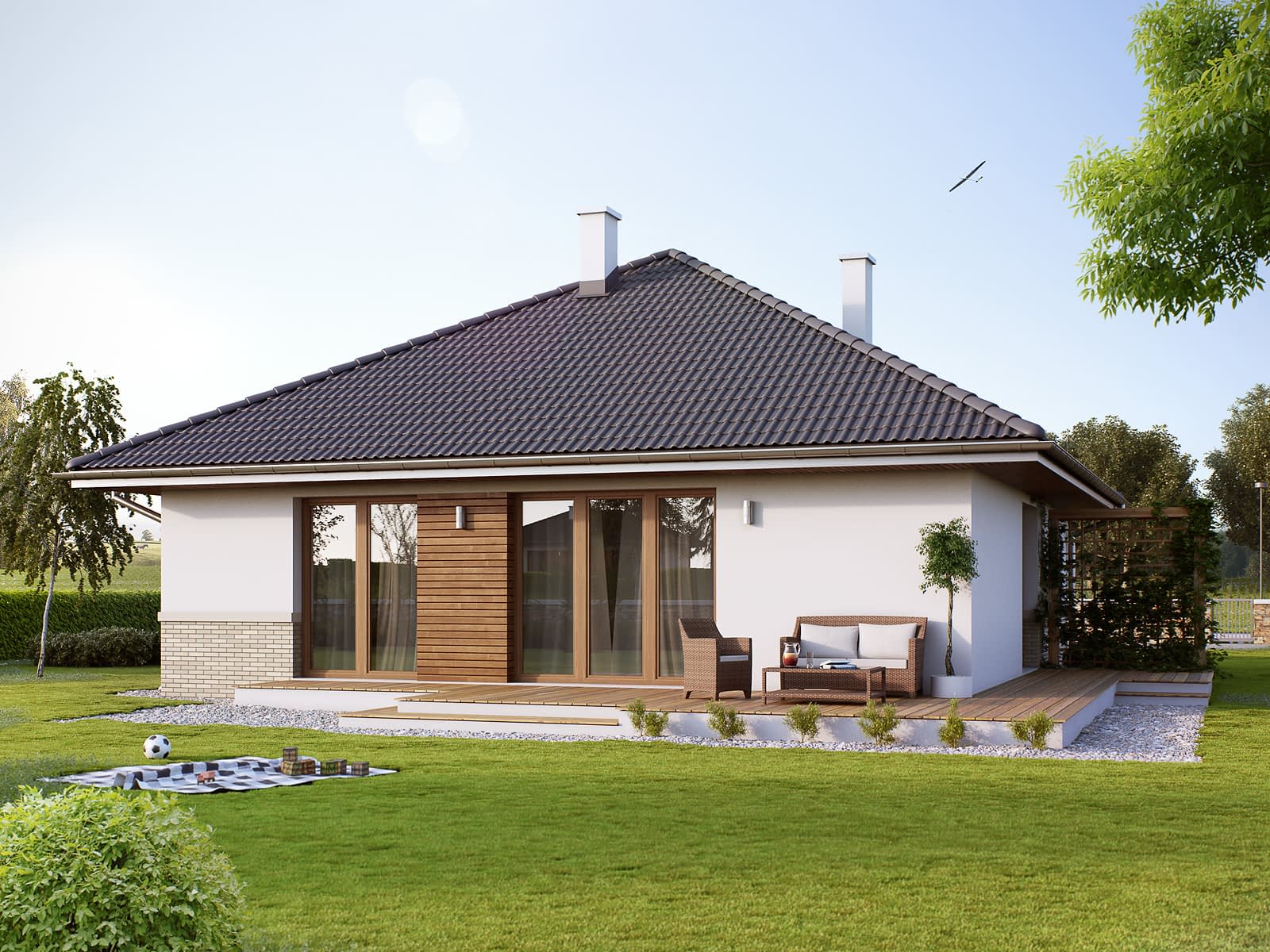





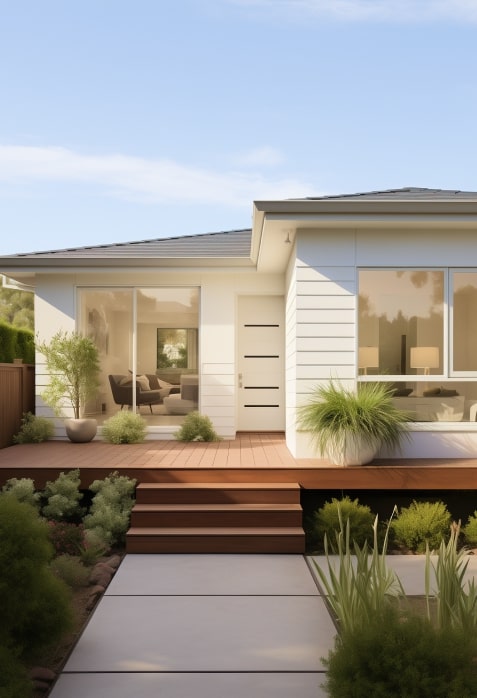
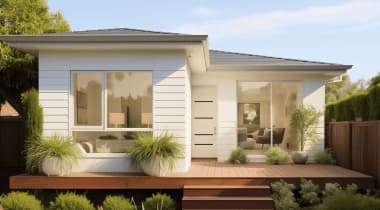











The final price may vary based on project specifics.
To get a free accurate quote tailored to your needs, book a consultation with us today!

The price per square foot provided is an average and may vary depending on project-specific details such as materials, location, complexity, and other factors. Actual costs may differ from the average provided.
It is recommended to obtain a detailed quote based on the specific requirements of your project.

Please note that the monthly payment displayed on this page is an estimate and is subject to variation based on the selected loan product, applicants credit score, loan amount, and other financial details. Actual monthly payment may differ from the estimate provided.
It is recommended to seek advice from a financial advisor or loan officer to obtain precise payment information tailored to individual circumstances.
 Your Trusted
Local Contractor
Your Trusted
Local Contractor
All-electric accessory dwelling units (ADUs) are quickly becoming the standard for Sacramento homeowners who want energy efficiency, safety, and compliance with modern codes. Whether a garage conversion, detached ADU, or smaller unit added to a primary residence, every ADU project requires careful planning of its electrical systems. The choice of electrical panel, panel upgrades, and how electrical service is distributed between the main house and the new unit determines not only safety but also cost and efficiency.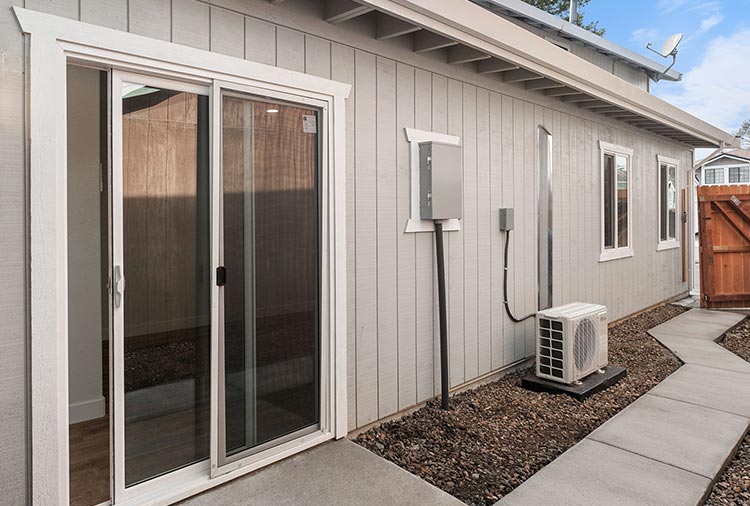
For Sacramento homeowners building an all-electric ADU, electrical needs increase significantly. Appliances such as an electric stove, HVAC systems, and water heating demand more electrical load than older gas-based systems. Without a properly sized electric panel, the ADU project can face delays, additional costs, or even code compliance issues. Electrical panels for all-electric ADUs in Sacramento must comply with the California Electrical Code, local building codes, and applicable safety regulations. Property owners who plan correctly avoid costly electrical work later and ensure the new living space operates safely.
Property owners have several choices for managing ADU electrical systems:
Sacramento homeowners often ask: how many amps are needed for an ADU? The answer varies depending on the ADU size, electrical demands, and appliances. Smaller ADUs may be served by a 60-100 amp sub panel, while larger or detached units may need 125-200 amps. If the existing panel for the primary residence is undersized, a licensed electrician must perform a panel upgrade. Signs an upgrade is required include frequent breaker trips, lack of space for additional breakers, or insufficient capacity for HVAC systems, electric stoves, and lighting requirements.
Proper planning helps property owners avoid delays during the construction process. A licensed contractor or electrician will:
For property owners planning to rent ADUs, installing a separate meter is often a smart investment. With a separate panel and meter, tenants receive their own utility bill, making rental income management straightforward. This setup is common in detached ADUs and multi unit dwellings where accessory dwelling units function as independent living spaces. While separate meters add upfront costs, they improve tenant satisfaction and reduce disputes over shared electricity usage.
Sacramento homeowners increasingly combine ADU construction with solar panel installation. Adding solar panels to an ADU can reduce long-term costs and improve energy efficiency, but it increases the importance of proper panel sizing. Solar-ready panels or panel upgrades may be necessary to handle both household load and renewable energy integration. Working with a licensed electrician ensures solar connections meet California Electrical Code standards while remaining safe and reliable.
Like all aspects of ADU construction, electrical panel installation must follow Sacramento’s local building codes and permitting requirements. Property owners must include electrical plans in their ADU building permits and schedule inspections during the construction process. Compliance with local ordinances and California building codes ensures safety, avoids project delays, and prevents costly rework. A licensed electrician with a strong track record helps homeowners navigate this process, providing detailed documents required for approval.
The cost of electrical work for ADUs varies depending on whether a sub panel, separate panel, or main service panel upgrade is required. Smaller ADUs may need only modest electrical work, while larger units may require significant upgrades. Additional costs can include trenching for underground lines, relocation of overhead lines, or installation of a new meter. Financing options such as home equity loans or construction loans can help Sacramento homeowners cover expenses, while incentives for energy efficiency or solar panel installation may reduce long-term costs.
Failing to plan for electrical demands during ADU development can create significant problems. Delays in permits, unexpected costs, and safety issues all stem from inadequate preparation. By addressing electrical panel requirements early, Sacramento homeowners save money, avoid delays, and ensure safety. Proper planning also increases property value by ensuring the ADU is built to modern standards and can support future upgrades or tenant needs.
Electric panels for all-electric ADUs in Sacramento are a critical part of every ADU project. From panel upgrades to separate meters, property owners must work closely with licensed electricians and contractors to ensure compliance, safety, and energy efficiency. Whether creating a smaller ADU, a garage conversion, or a detached unit, homeowners benefit from proper planning of electrical systems to support HVAC, appliances, and lighting. A+ Construction & Remodeling helps Sacramento homeowners navigate the construction process, permits, and electrical planning, delivering safe, efficient, and cost-effective ADU construction. Serving Sacramento and surrounding areas, A+ provides expert ADU building services that ensure every project is powered properly and built to last.
Get a First Look at Real ADU Projects